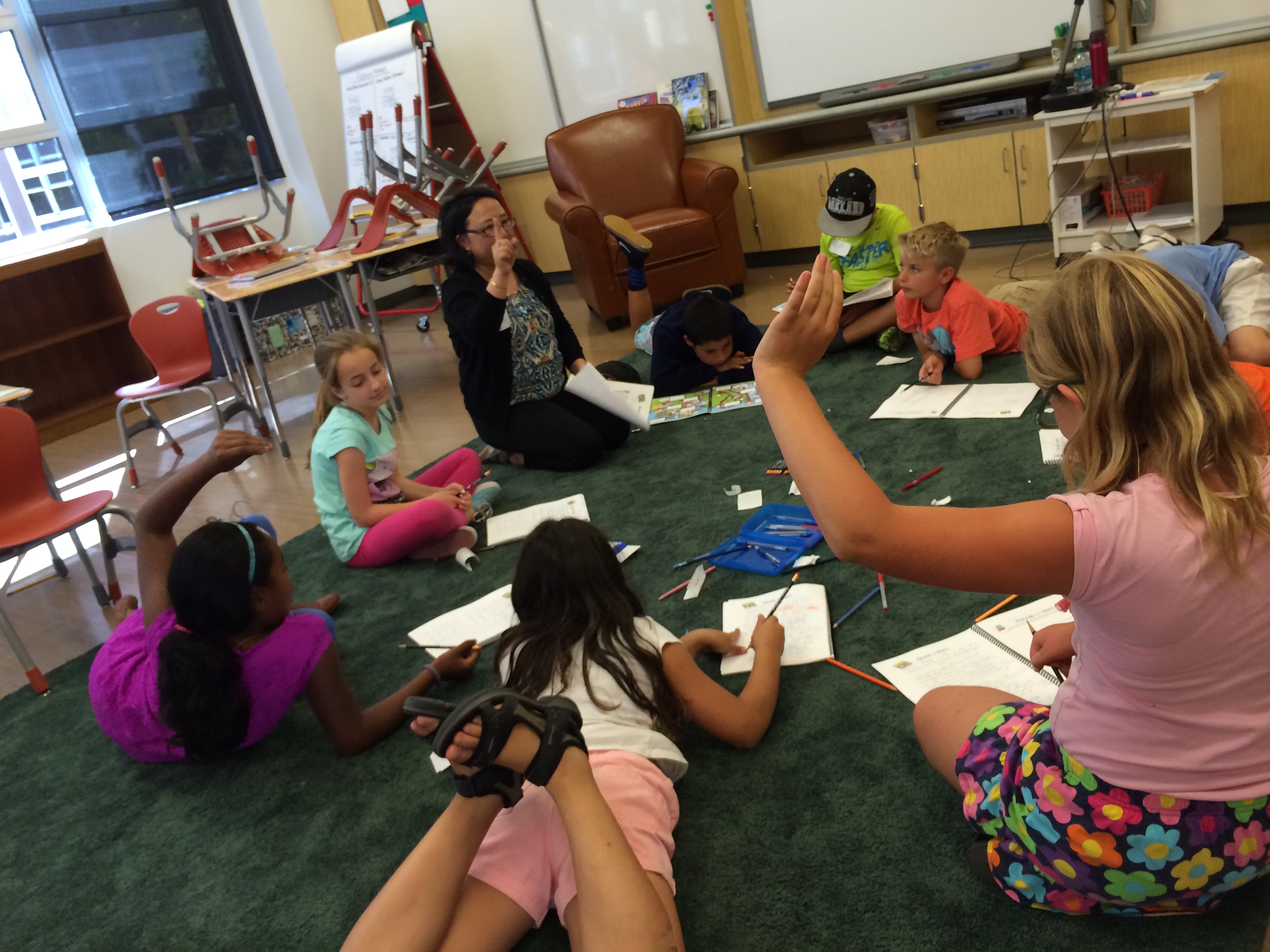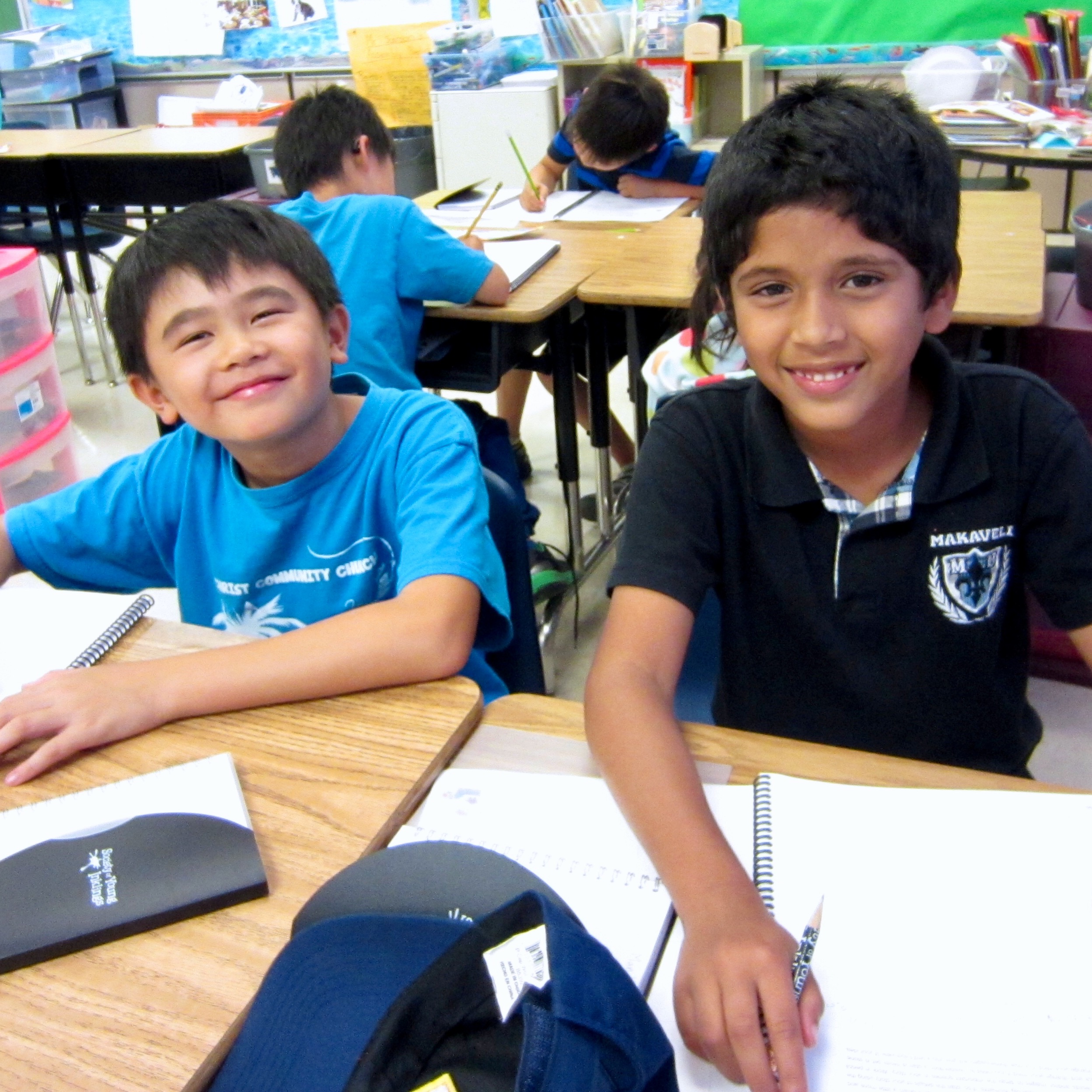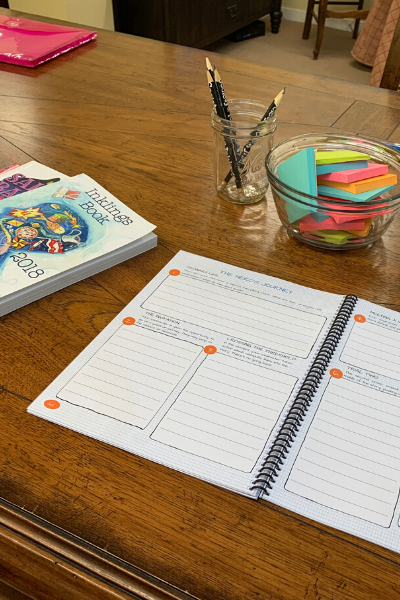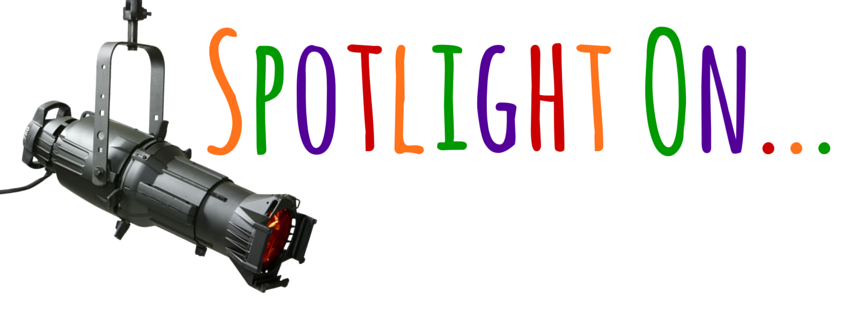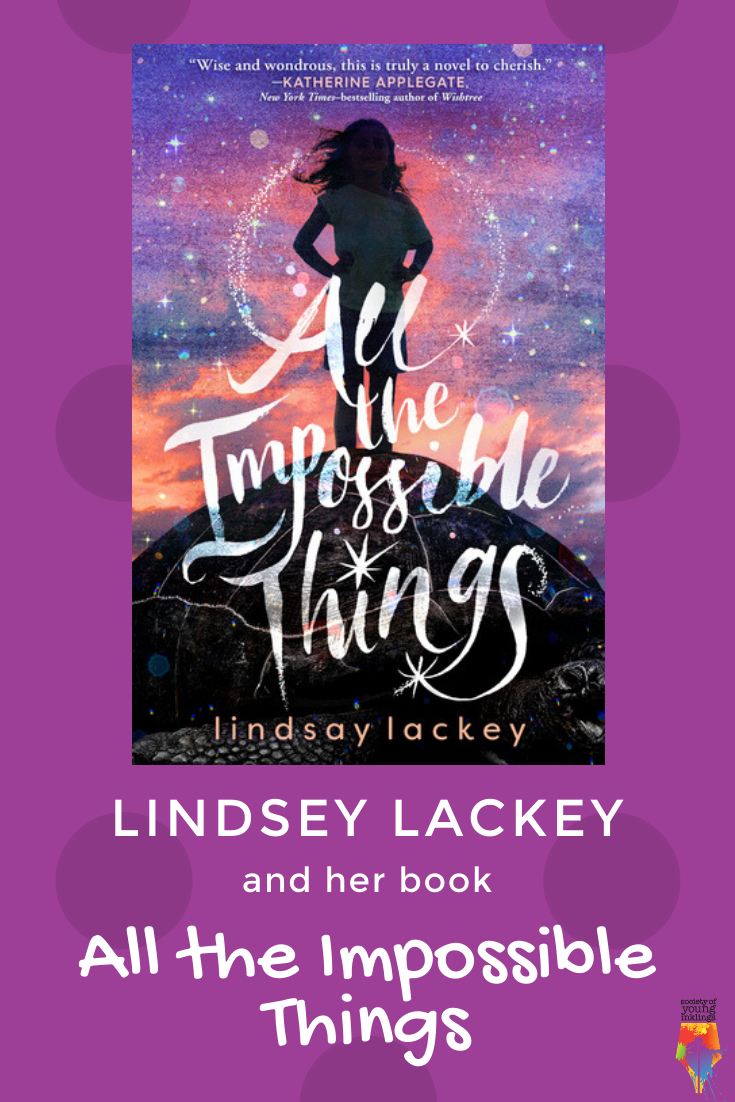Writerly Play Kit 015
How Educators Are Using Writerly Play in their Classrooms
Writerly Play for Educators
How Educators Are Using Writerly Play in their Classrooms
Whether you use the Writer’s Workshop model or another district-wide approach to your writing program, you may wonder: How does Writerly Play fit with my ongoing units?
In the spirit of “show, don’t tell,” we’d love to share stories of creativity we’ve seen from educators across the SYI community. How is Writerly Play being used, in a practical sense, in classrooms? What objectives does Writerly Play meet, and what problems does it solve?
In this WP Kit, we’re featuring a few educators who’ve used Writerly Play to great effect in their classrooms. Do you have a great story to share? We’d love to hear about your experience!
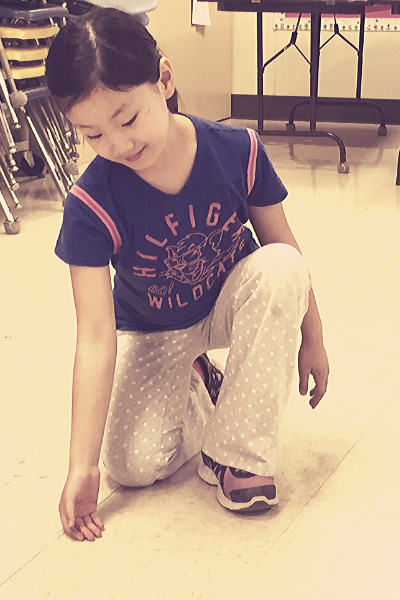
USING THE VIDEOS AS MINI-LESSONS
Tracy Piombo, a middle school librarian currently on a planned leave, has been collaborating with the 5th grade team at her daughter’s school on a personal narrative project. They’ve organized their unit around the Fall 2019 Stone Soup contest, and have invited their writers to consider submitting their finished pieces for the publication opportunity.
Tracy has created lessons that each use one of our Spill Some Ink with Stone Soup videos as the heart of their mini-lessons. “We love how the videos guide our writers step-by-step,” she says. “It’s fun for our writers to brainstorm directly with an author. They pick up on the passion and bring that excitement back to their own projects.”
Check out Tracy’s lessons at this link.
And if you haven’t already, sign up for access to Spill Some Ink with Stone Soup!
DIFFERENTIATION FOR ADVANCED WRITERS
Chinere McDaniels, 3rd grade teacher, has been using Writerly Play resources such as Design a Novel to differentiate for her advanced writers.
“My kids used Design a Novel. They worked as a pair, and I think that really helped, to have a friend to help them stay motivated. They would come in at lunch, watch a video every other day or so, and then invent characters, create worlds. I watched the videos too because I wanted to see what they were like, and I liked the way you showed specific examples and used mentor texts. I really enjoyed the videos, they were a lot of fun and helpful, too.”
Often writers in elementary school are at vastly different stages of development. For those writers who always finish projects more quickly than the rest of the class, Writerly Play online courses can offer a plug-and-play opportunity to challenge themselves and take on a big project.
MAKING THE GAMES HER OWN
Kelly Hoy, fifth grade humanities teacher, uses Writerly Play videos and games in a variety of ways in her classroom. “At first, I wasn’t ready to facilitate the games myself, but now, I love inviting my writers to stand up and visualize their stories as they move around the classroom.”
Kelly uses Writerly Play videos for specific lessons, and also adapts the games in a variety of ways in her classroom. She writes:
“Katy, fifth grade, wrote:
It was a freezing day, and the snow fell down like teardrops. If you were patient enough, a small snowflake would land on your hands and at the right angle, so that you could see the patterns like a woven loom. The soft crunch of snow underneath my winter boots was like a rhythm waking me up from my thoughts. The world felt like it was covered in a soft white quilt. The slow whistle of the wind almost sounded welcoming to me. The fresh air freezing my nose.
When I read a student’s work I sometimes find myself wondering if I had the opportunity to share my heart with the world, would I have taken the risk in fifth grade? Unfortunately, I was never given that opportunity. There is magic that happens in the classroom when students are able to get out of their seats and practice walking and talking as if they are characters in a story. There’s an emotional exchange between the writers and the characters they are portraying. Writerly Play allows my students to discover the heart of their stories as they climb into the skin of their characters.
As a fifth grade humanities teacher, I have had remarkable success using the Idea Storm and the videos that accompany the Hero’s Journey for the Inklings Book Contest. Reluctant writers beam at the number of pages they have written. Young Inklings has started a writing renaissance for children of all ages here and around the world.”
“I didn’t like writing in first and second grade because I had writer’s block. I started to like writing in third grade when I found my ‘inner writer.’”
–Liana Zhu, nine-year old author, Inklings Book 2018
What’s Up At SYI this Month?
WRITING CHALLENGE
Emotions and Nature
Imagine you or a character in the story you’re writing could express an emotion with nature. What would the emotion be? When does it come up? What natural event does your emotion cause? Wind? Rain? Heat? Floods?
Aim for between 350 and 1000 words. Submit your response HERE and you might be published on our website!
INK SPLAT
Lindsay Lackey
This month, we talk to author Lindsay Lackey about her novel, All the Impossible Things. She talks to us about the connection to the main character Red, and how to follow your own path in writing.
“…do what you need to do. Your process won’t look like someone else’s. Certainly learn from other writers. Try the tips and tricks they offer and see if those things work for you. But if they don’t—if you just aren’t a person who writes every single day, or you really can’t work from an outline, or you hate trying to meet a word goal—whatever it is, if it doesn’t work for you, that is okay. Don’t give up. Find what does work…even if it seems tedious…”
INKLINGS CELEBRATE
Join us for our upcoming educator masterclass!
Join us on December 5th at 4:00 pm PT for Supporting Strong Writers – Writerly Play in the Classroom. Tuition is $25.
